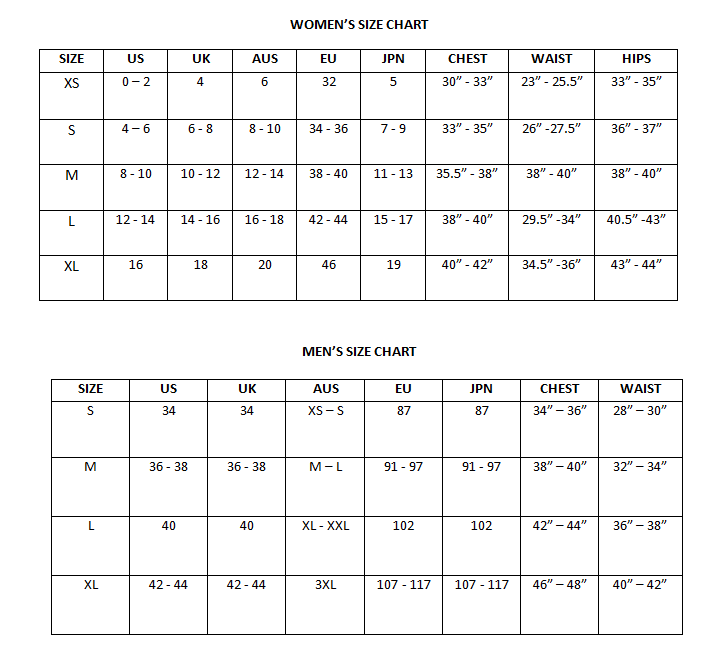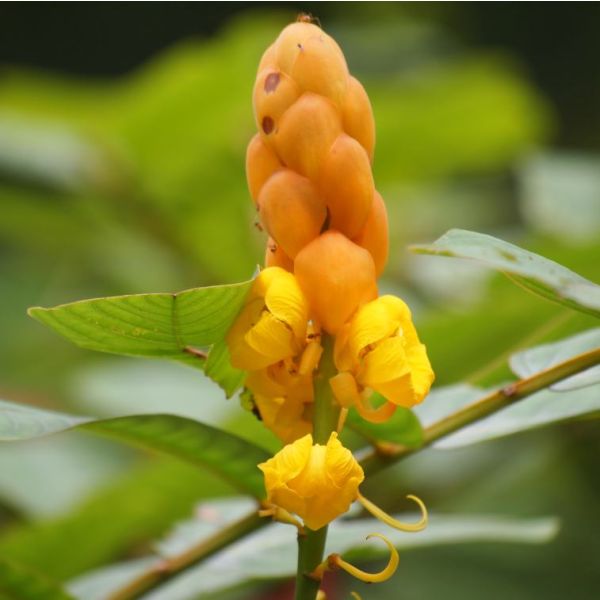Candle Bush Seeds (Senna Alata)
Candle Bush Seeds (Senna Alata)
It is native to South America, but has been planted widely for medicinal and ornamental flowering purposes...

Delivery
All orders shipped with UPS Express.
Always free shipping for orders over US $250.
All orders are shipped with a UPS tracking number.
Returns
Items returned within 14 days of their original shipment date in same as new condition will be eligible for a full refund or store credit.
Refunds will be charged back to the original form of payment used for purchase.
Customer is responsible for shipping charges when making returns and shipping/handling fees of original purchase is non-refundable.
All sale items are final purchases.
Help
Give us a shout if you have any other questions and/or concerns.
Email: contact@domain.com
Phone: +1 (23) 456 789
Availability: In stock
SKU
Senna Alata
Senna Alata, also known as Cassia Alata, candle bush, candle stick, candle tree or Christmas candle plant is an evergreen shrub that can grow up to 3.5 m high.
The shrub is widely distributed in tropical countries. It is native to South America, but has been planted widely for medicinal and ornamental flowering purposes.
Senna Alata has bright yellow flowers that are similar to a yellow candle and that attract butterflies and bees. When in buds, the flowers are concealed within swollen orange bracts. They are 2.5-5 cm wide.
At maturity, the 25 cm long fruit splits open along one side with the flattened, kite-shaped seeds hanging out on a short stalk.
The leaves are up 75 cm long and they close in the dark.
Senna Alata performs best in full sun but in zones 7,8 and 9, it is possible to grow it as an annual.
Senna alata plants are drought-tolerant, but they will still benefit from being watered regularly and given a layer of mulch during the hottest summer months.
Hardiness Zone: 10-11
| Label | Senna alata |
|---|---|
| Common name | candle bush, candle stick, candle tree, Christmas candle |
| Family | Caesalpiniaceae |
| Genus | Senna |
| Species | Senna alata |
| Therapeutic uses | In many Asian countries the sap squeezed from the leaves is used to treat ringworm and other skin diseases. An infusion of the plant is used as a laxative. Any part of the plant can be used as a purgative, but excessive use can lead to diarrhoea. The Indians use the plant to treat snake bites and veneral eruptions. For laxative purposes usually a decoction of the leaves is drunk, and less often the flowers, roots or the stem are used. Skin problems are most often treated by applying leaf sap or by rubbing fresh leaves on the skin. In veterinary medicine too, a range of skin problems in livestock is treated with leaf decoctions. Such decoctions are also used against external parasites such as mites and ticks. |
| Germination | We recommend starting seeds indoors several weeks before the last frost to give the plants a head start on the season. For best results, first soak seeds in warm water overnight before planting. Because they're fast growers, seedlings usually bloom the first year from seed. Plant seeds about three quarters of an inch deep in a well-drained soil and humus mixture with a pH range of 5.5 to 6.5. Find an area with full sun for the seedlings' permanent home and feed with a balanced fertilizer after planting and then once a month during the growing season. |
| Price View | Price Range |

